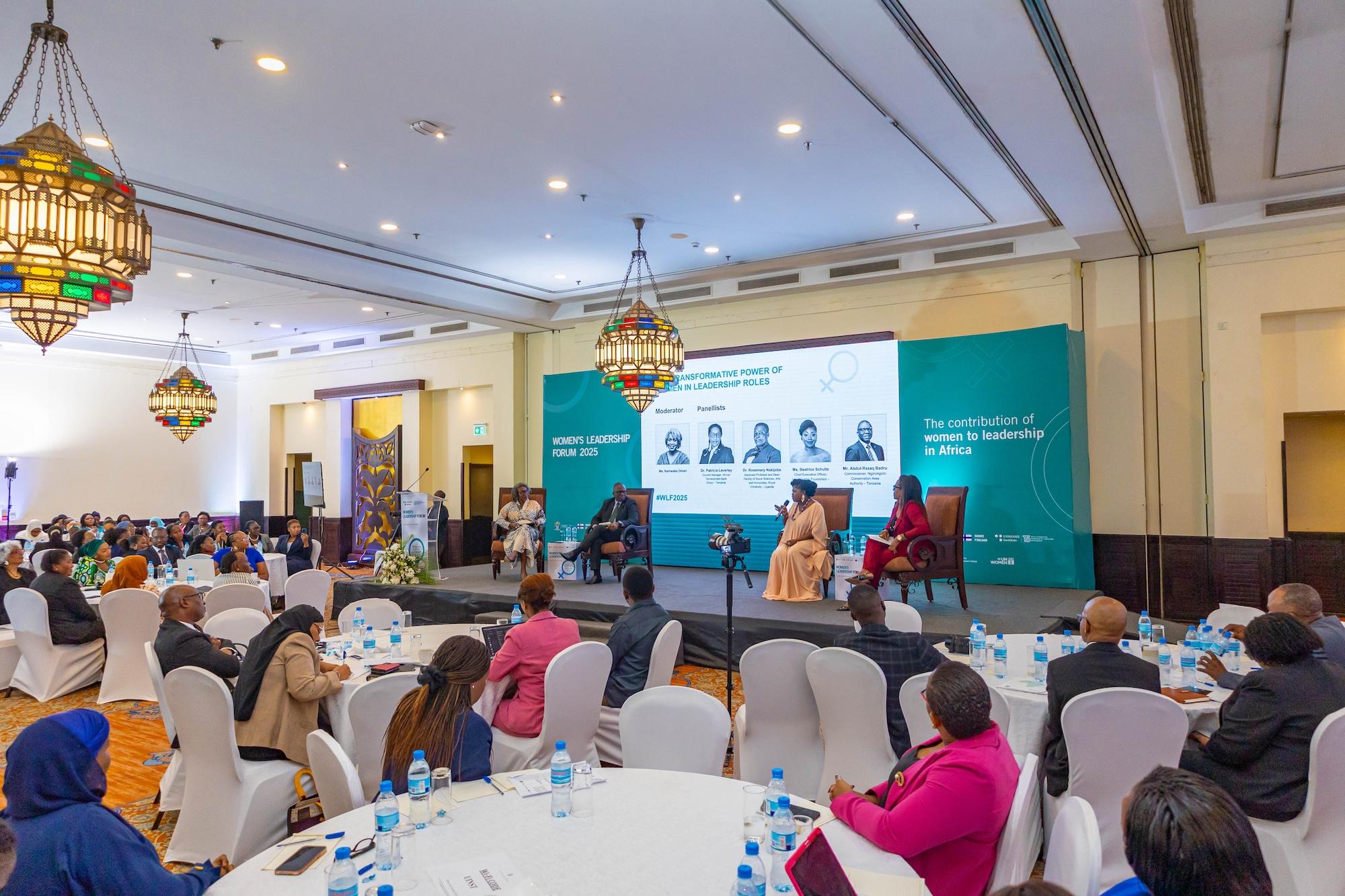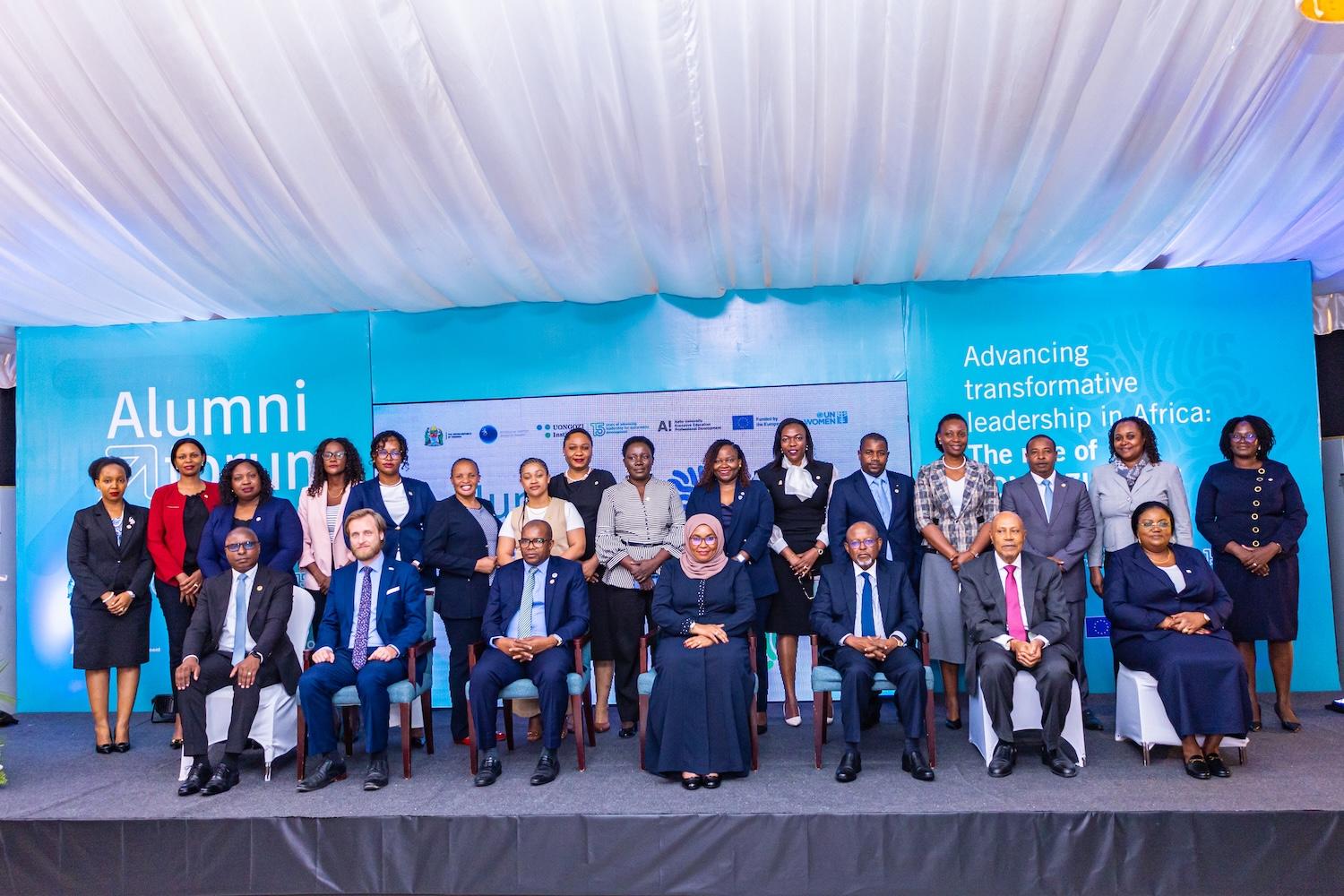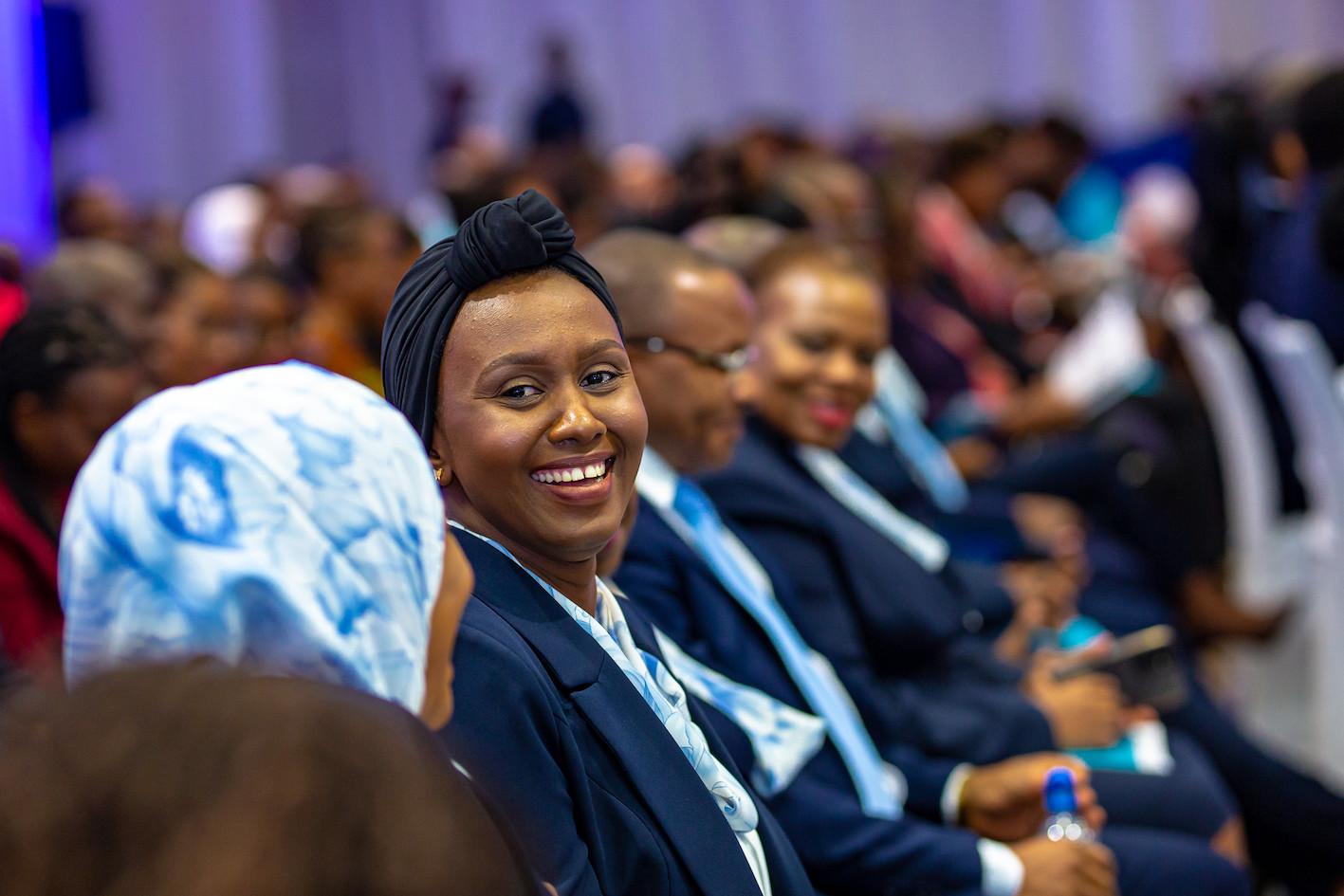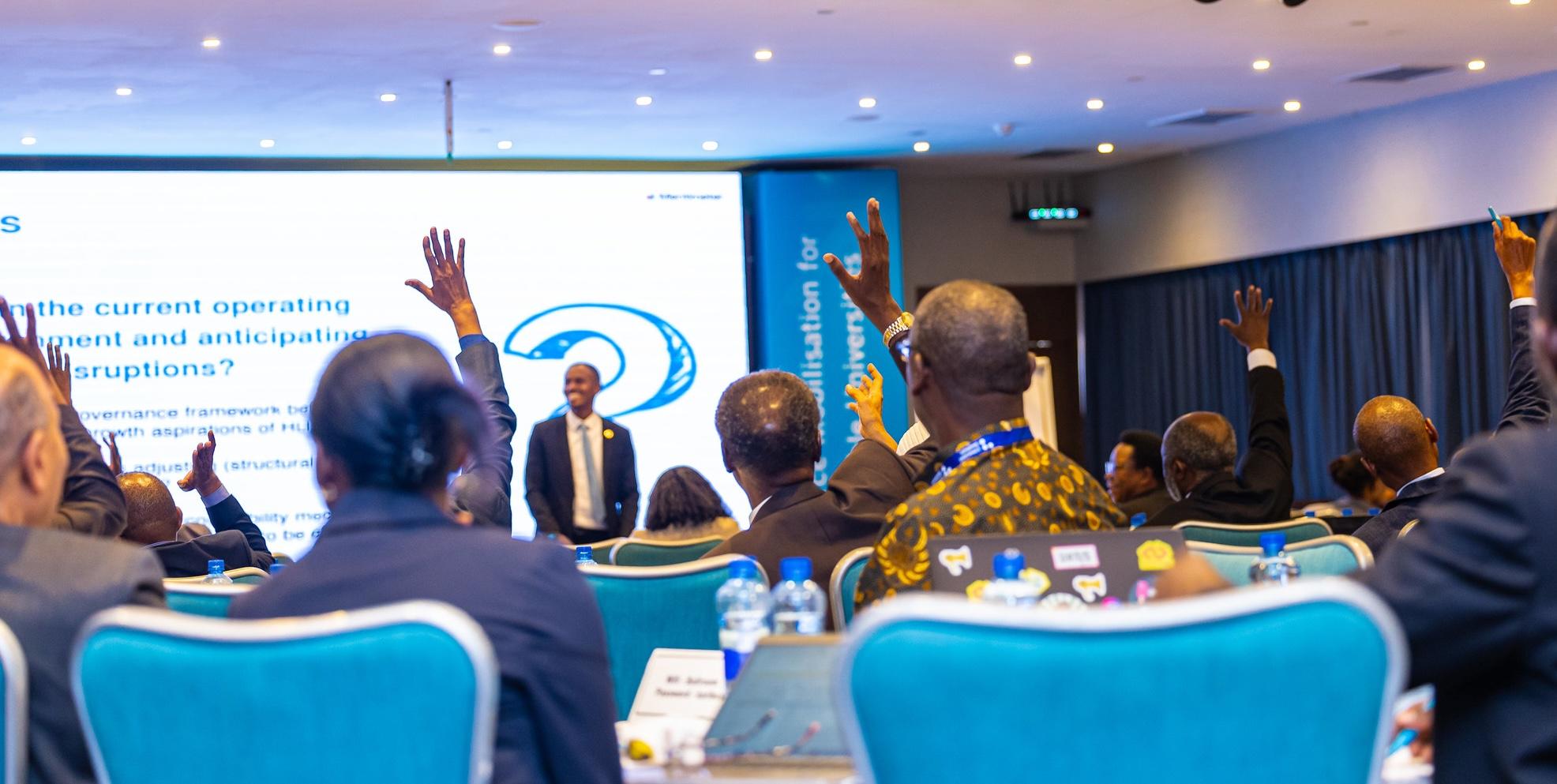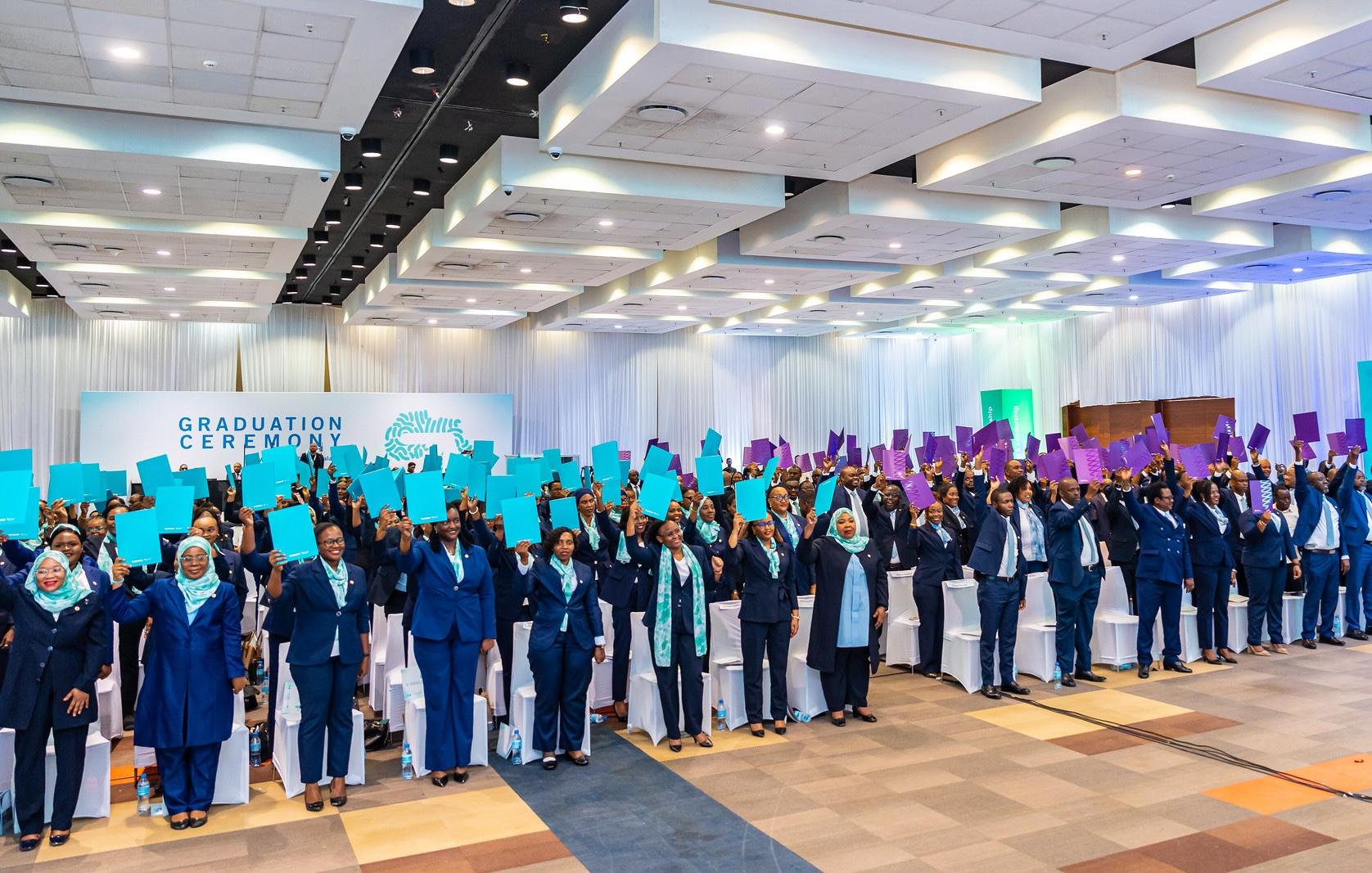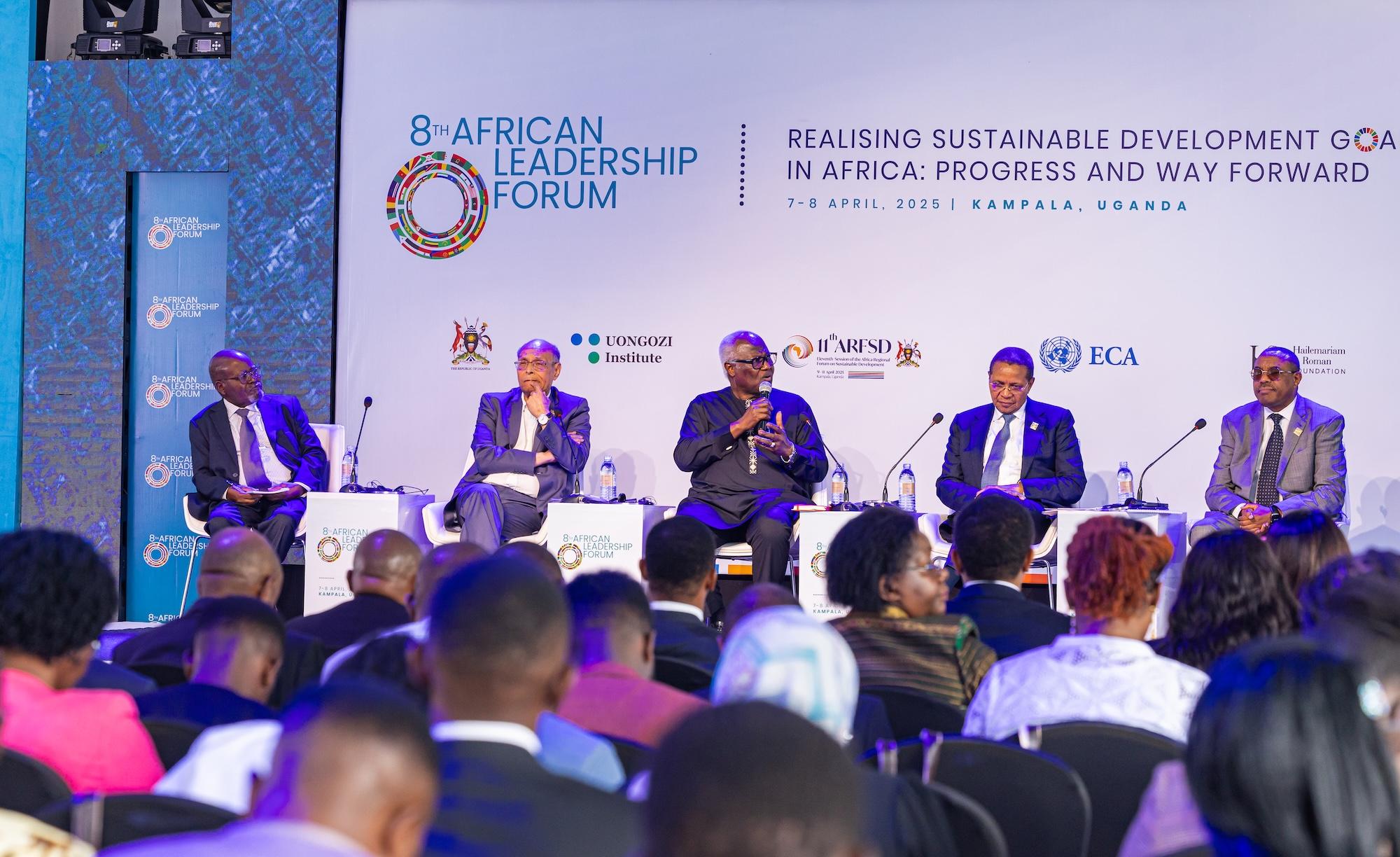By Gwamaka Kifukwe
While filming an episode of UONGOZI Institute’s flagship TV show (Meet the Leader), an interesting epiphany occurred. The interview turned from reflecting the guest’s understanding and experience of leadership, to learning about the guest as a person. A simple, yet direct question was asked – “We have heard about you, as the leader and President. Tell me about you as a father, and husband, and a friend?”
The guest paused for a few moments. Their face changed, shoulders slumped, they leaned forward and their hands came together as they took on an almost prayer-like pose. After a few seconds, a heavy sigh escaped the guest’s now frowning lips and a melancholy voice replied, “I could do better”. He proceeded to reflect on missed memories and the great extent he was reliant on his wife (of over thirty years) for a number of issues that “she didn’t sign up for”.
Up until that point, this guest had been buoyant, charming, witty and very sharp in their critique of leadership, drawing upon years of experience and hinting at a wide breadth of reading. This answer was different. The guest went on to recall how being in leadership had come at a huge personal sacrifice; the inability to be a ‘normal’ father and husband. He went on to explain how he missed several (if not all) “firsts” and that upon reflection, he had taken his family for granted and missed being able to switch off and just be himself from time to time.
Leadership is undoubtedly a privilege and a huge responsibility. As people aspire to be leaders, we often think of the glamourous public appearances, the power, and the prestige. Less is thought of basic issues that confront us all as human beings. Being parents, for example. Going on dates, going to watch the latest movie, attending a concert, or just heading out to dance the night away. All of these avenues are closed to people we increasingly de-humanise as they approach the ‘top of the ladder’ and make our leaders more symbol than person.
Leadership is an incredibly lonely experience. In doing back-ground research ahead of interviews and speaking to people close to the distinguished guests of the programme, a few stories seem to repeat themselves. One typical story is how senior officials and individuals have been called, late into the night, to the Executive. Usually this is to their official residence, sometimes to the Office itself. Upon arrival, the anxious (and tired) official is invited to sit, and watch a local football match, or documentary, as the Executive shares their thoughts. There is no agenda. There are no minutes. Often, there aren’t even any assistants present either – from time to time, it seems, the person escapes the symbol only to find that it has no-where to turn to.
Leadership is a great sacrifice. We are social creatures by nature and by habit. As people emerge as leaders, we increasingly deny them the opportunity to ‘be human’ and to take up a ‘greater calling’. This comes at the price of the things we take for granted as part of a ‘normal’ life. How then, can we expect our leaders to be able to relate to and understand the highs and lows of our life. They become increasingly dependent on others for information and insight. This is the classic tension between the leader and their lieutenants: The leader is reliant on the lieutenants to execute their directives and to provide feedback; the lieutenants in turn are reliant on the leader to be appointed into positions of authority in order to exercise power. In such a scenario, it is easy to see how paranoia and sycophancy embed themselves.
In preparing for leadership, we must equip aspirants with the ability to understand, accept, and deal with these so-called ‘soft’ issues. Dealing with celebrity and fame has been a challenge for many without the proper guidance and preparation for the pressures that this entails. This even more acute when your every movement and decision can literally change people’s lives and impact their long-term prosperity.
Perhaps these structures are already in place in some arenas of leadership, and we in the general public are not privy them. However, it is clear from having carried out a number of interviews that if they exist, they have been an afterthought. Moreover, the inclusion of these more personal challenges, leadership training programmes for young and emerging leaders have increasingly incorporated reflection, emotional and psychological training and support, as well as coaching into their programmes. In addition, acknowledging potential sacrifices and settling these in our personal relations and marriages ahead of time is also encouraged so that at the end of the day, there is some kind of ‘normal’ to return to when the mantle of leadership is passed on.
Coming back to the leader in question. After a few minutes of very candid reflection and catharsis, his earlier posture, and his jovial self-returned back to the fore. The symbol once-again replaced the person. The show went on.
This part of the interview was never aired.

